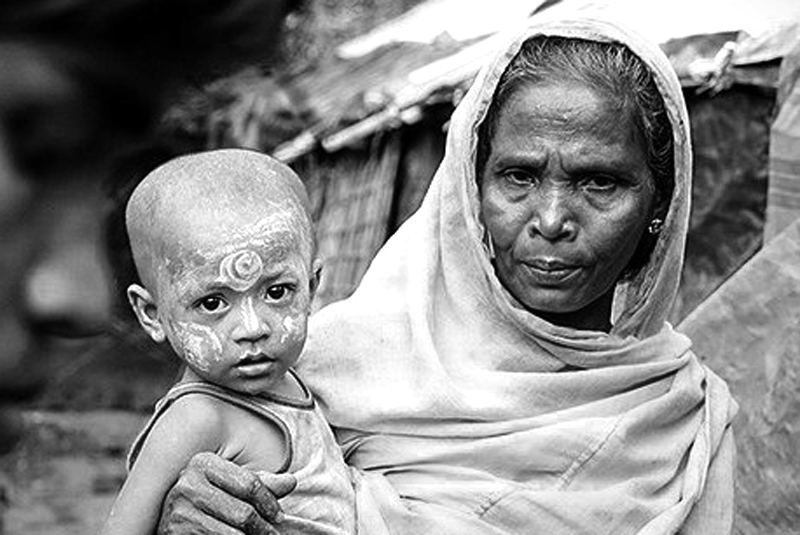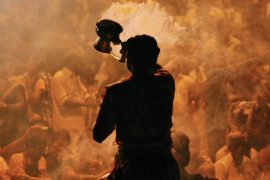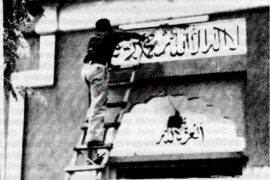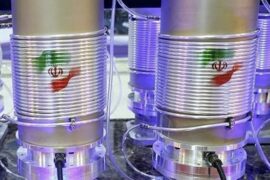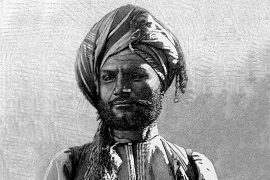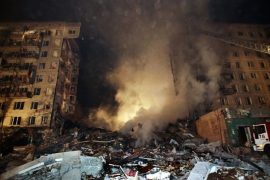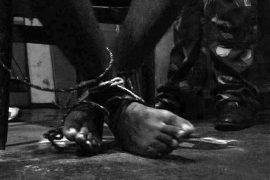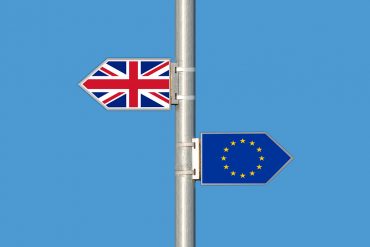We were not born to be vulnerable, we were made to be vulnerable
These are the words of Hafsar Tameesuddin, a Rohingya activist who addressed the recent World Conference on Statelessness in the Hague. Her words unlock a key, but overlooked, characteristic of the denial of the right to a nationality and resultant statelessness. This is a condition imposed on people (almost always through violating international law), with the intention of weakening them. Statelessness is thus, nothing short of violence.
Even as the words and actions of many world leaders cheapen human rights and lives; promote insularity, narrow nationalism, racism, xenophobia, misogyny and hypocrisy and disproportionately target the most vulnerable; those denied legal status, the stateless and those at risk of statelessness are inevitably targeted by the politics of hatred and fear.
Be they Rohingya of Myanmar, refugees fleeing Syria, minorities in Assam India, Dominicans of Haitian origin, single Nepalese mothers, those accused of terrorism in the UK, human rights defenders in Bahrain, or those languishing in camps at the American border; we repeatedly witness the denial of status, the right to a nationality and (risk of) statelessness as a consequence and cause of discrimination, exclusion and hardship.
If the right to a nationality and inclusion were a house, it would be no exaggeration to say global politics and events have (again) lit a spark under its wooden foundation.
-30-
Copyright©Madras Courier, All Rights Reserved. You may share using our article tools. Please don't cut articles from madrascourier.com and redistribute by email, post to the web, mobile phone or social media.Please send in your feed back and comments to [email protected]

